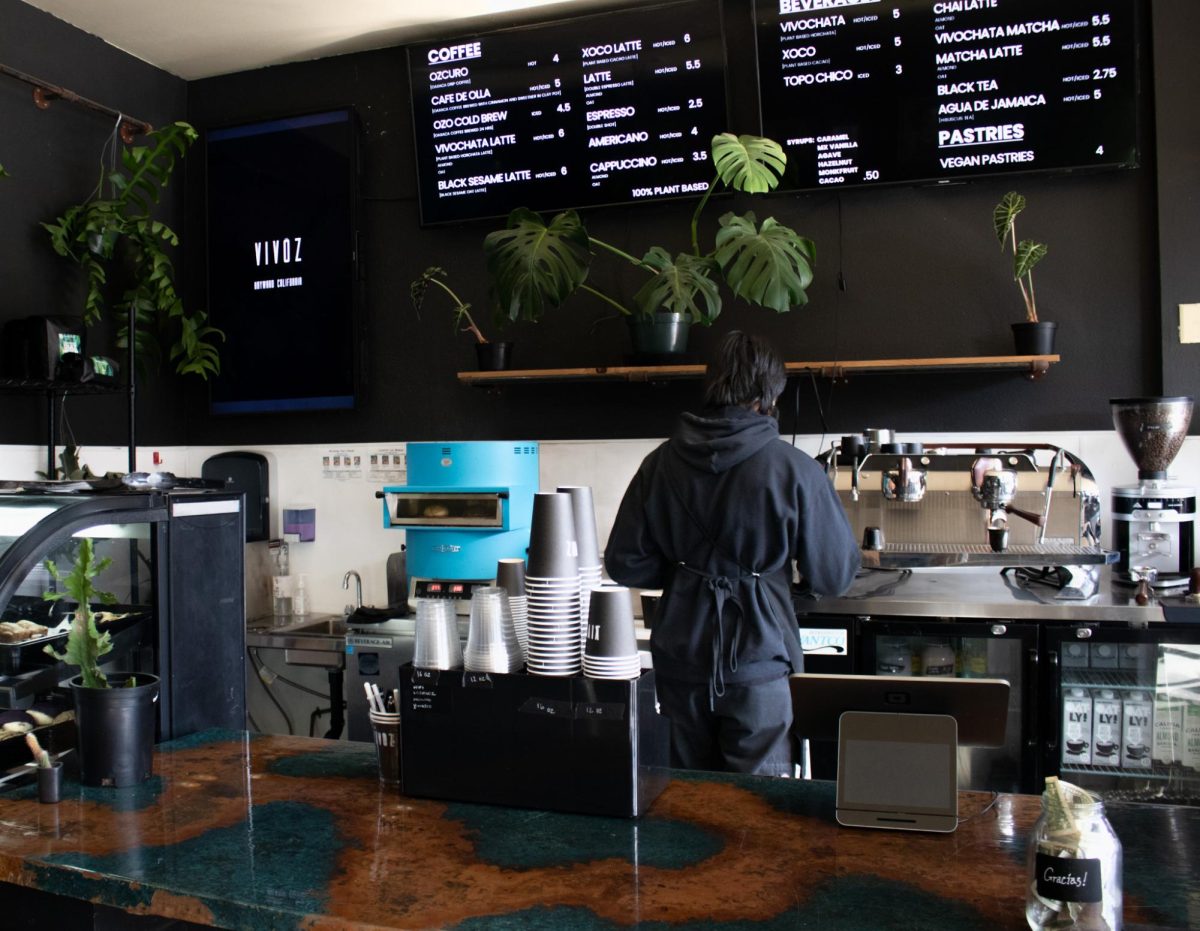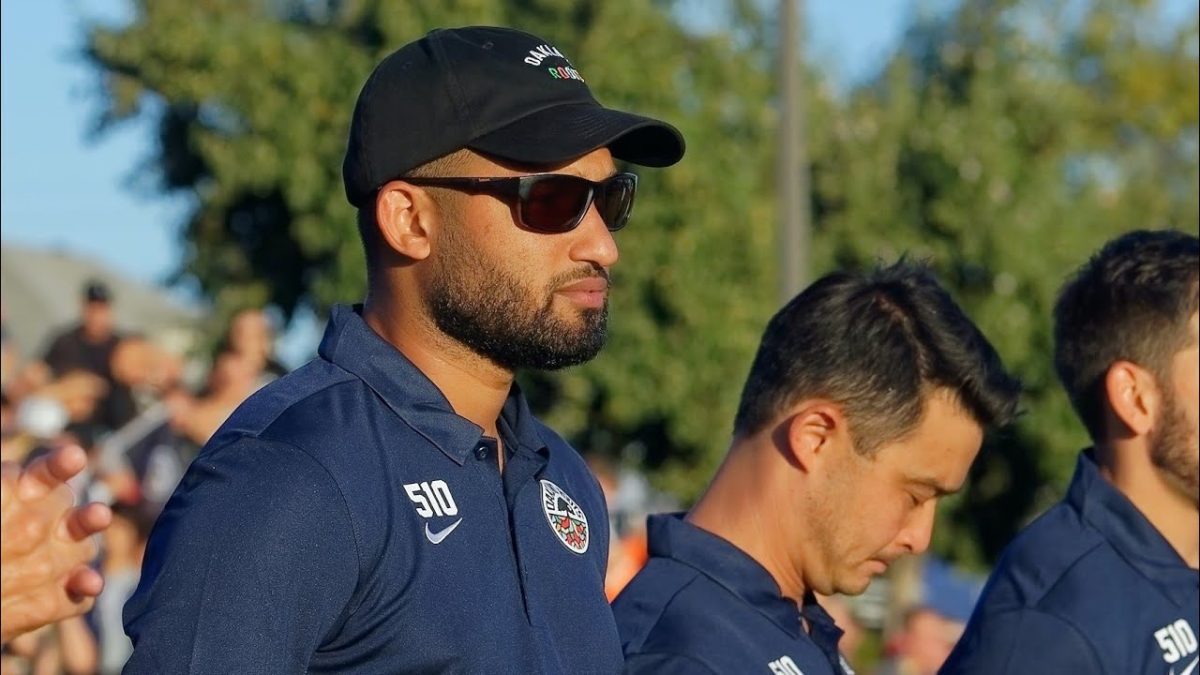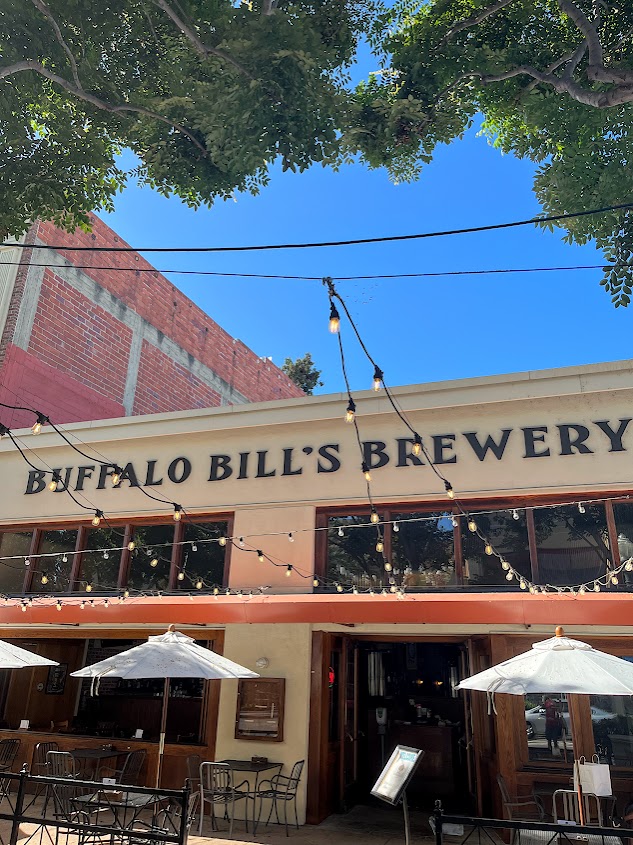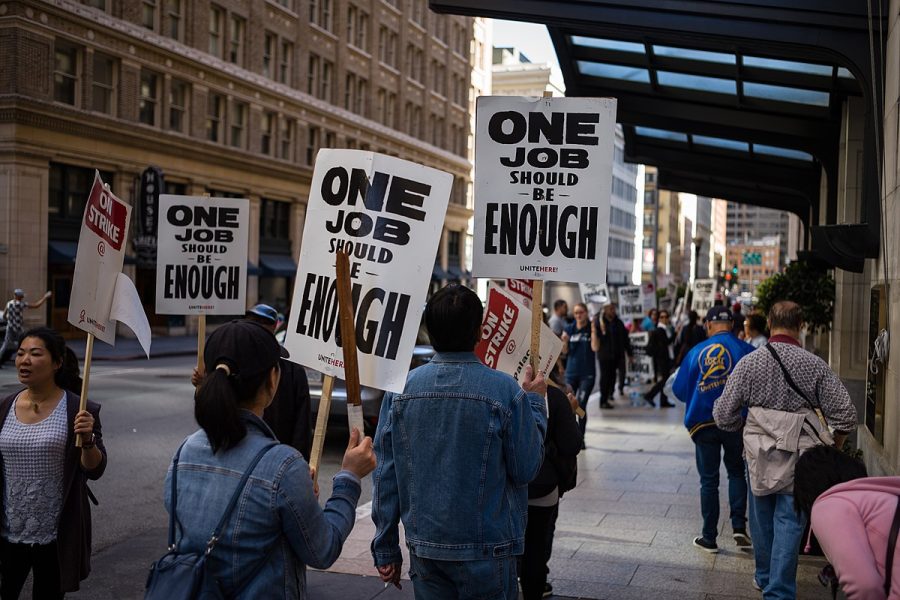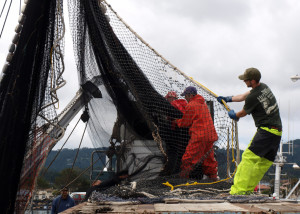
On a sunny and aromatic Sunday morning, Ed Chun and his father Lee stroll across Monterey’s famous Fisherman’s Wharf, holding their fishing rods and reels across their backs, taking in the pungent fish fragrances and bustling noises as they walk towards historic Cannery Row.
To a visitor or tourist, the overbearing smells of fresh fish might seem anything but enjoyable, as one whiff seems to send travelers hurrying in the opposite direction.
But to fishermen of a five-generation caliber like the Chuns, the smells are perfumes of beauty, smells they say run deep through their veins.
“To fish with my son in these waters is to honor my ancestors and my people,” said 60-year-old Lee Chun. “Our blood and sweat moved and tilled these waters to feed others. So I do this with honor, with reverence, and as an American.”
The first Chun, they say, arrived in Monterey, California in 1857 from Guangzhou, China.
20-year-old Qiang Chun Lee has worked alongside 500-600 other Chinese immigrants fishing for various entities such as salmon, abalone, sardines and squid, helping to establish Monterey’s fishing industry.
He brought his young wife and three children a couple years later to settle in China Point, where the next five generations of Chuns would be born and raised in Monterey.
The Chun family worked as mariners and later as factory workers in sardine canneries until the early 1950s, when the over-fished sardines disappeared from Monterey Bay and brought economic disaster to Cannery Row.
Yet 130 years later, two men stepped into their fishing boat on a chilly morning, coffees in hand and American flags at port, immortalizing their ancestors and Chinese heritage as they embark on one of their weekly fishing trips.
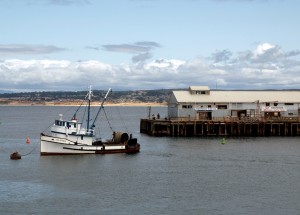
“To think that a part of our country’s history was created through the hands of someone from my family who shares my blood really epitomizes my identity as an American,” said Ed Chun as he hugged his father.
“’I am proud of my heritage and when I come to fish with my father,” he said. “I am celebrating who I am.”
Prolific and charismatic author John Steinbeck wrote Cannery Row in 1945, venerating the spirit of Monterey and its fishermen, idealizing the value of the working-class who worked on the shores and made the turbulent and hard life of a fisherman seem almost beautiful and desirable.
“Many people wouldn’t think of a fisherman as a person of beauty,” said Lee Chun. “Yet my great-grandfather would speak to me as if fishing was an art form, something to be proud of.”
“So when I throw my fishing pole out in the same way he must have, I feel like I am an illustrator of beauty,” he said.
Hence, father and son settled into their boats and cast their reels into the tranquil azure waters, engaging in a tradition they have been doing together for a long time.
The air was, at times, brisk but sweet to these fishermen, who sat in stillness as they breathed in the unique smells of the sea. They say the feeling they get when they are out on the water is unrivaled to anything else in their lives.
The men stared out, anticipating what they would catch, while sea otters raced around their boat, playfully poking their heads out only to quickly disappear back into the famous waters.
Upon spotting these men, who seem complacent and profound in their love and respect for what they do, one cannot help but wonder what Steinbeck saw in the laborers of the sea 70 years ago.
Did they revel in fishing as father and son now seemed to, or were they hurt by constant discrimination and a lack of understanding? Did this make their vocation an enjoyable experience as much as it was a laborious necessity?
Since the Chinese were amongst the very first groups of immigrants and settlers to dive into the riches of Monterey Bay, they were constantly looked upon with suspicion and disdain by the dominate European American class, according to the Monterey County Historical Society.
“When I’m sitting on this boat, I try to imagine the men who came before us,” said Lee Chun. “I try to envision their roughened hands, their dirty faces, their leathered skin, and I feel proud that my people were strong in the face of oppression.
“To know their struggles and understand their tough stories makes you see life differently,” said Ed Chun.
After moments of complete stillness and silence, Ed Chun’s pole suddenly jerked and his father quickly jumped up from his seat and stood right beside him, eyes widened and hands tensely holding a net in front of him.
“Ó, ma!” yelled the father in Cantonese as his son struggled with the line. The line spun hastily as the fish fought for its life.
It almost seemed like a scene out of “The Old Man and the Sea,” as father and son were now yelling and screaming, their desire to catch the fish increased as the fish’s desire to survive became more evident as the seconds went on.
“This is the beauty of it all right here,” yelled Lee Chun as his eyes glowed. “This is what our people did, and to replicate that experience is the most beautiful thing in the world.”
It seemed as if the battle had been settled, as father and son hurled the 10-pound halibut onto the boat without losing a moment’s time, embracing one another with joyous laughter.
As the sun grew brighter and the air felt warmer, father and son had caught a fish much in the same way their grandfathers before them must have, wearing smiles that their people more than a hundred years ago must have also worn at each catch.
The father and son love fishing, they say, because of the pride it gives them to work in the same way their people did.
“Monterey holds a cultural significance to who we are as a family,” said Lee Chun. “Our family’s history will forever live in these waters. That, to me, is nothing short of beautiful.”
As Steinbeck wrote, “Monterey was not a town to let dishonor come to a literary man.” This holds true for this father and son team, who seem to have recaptivated their pride as descendants of resilient and zealous Chinese fishermen. As they catch their fish for the day, reeling in their nets and lines, they heave sighs of satisfaction and pleasure.
“I am an American by birth and a fisherman by blood,” said Ed Chun as he looked at his father. “To me, that is the beauty of who I am. My hands nourish life; my hands are as beautiful as my people.”





